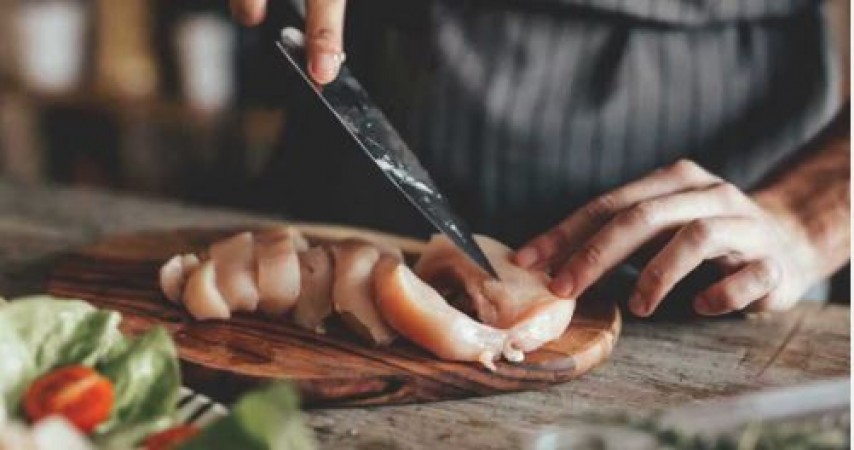
Opening the refrigerator door, you're greeted by last night's leftover pizza or that sandwich you hastily wrapped up and stashed away. It seems harmless, right? After all, it's just a bit stale. But before you take a bite, beware - consuming stale food can lead to a severe health risk known as blood poisoning, also referred to medically as sepsis.
Understanding Blood Poisoning
Blood poisoning is a serious condition that occurs when harmful bacteria multiply in the bloodstream. These bacteria often find their way into our bodies through contaminated food, leading to a rapid and potentially life-threatening immune response. Essentially, it's the body's way of trying to fight off an infection that has spread throughout the bloodstream.
The Culprit: Bacterial Growth
Stale food provides the perfect breeding ground for bacteria to thrive. As food ages, its moisture content decreases and its pH levels change, creating an environment ripe for bacterial proliferation. Without proper refrigeration or storage, these bacteria multiply rapidly, increasing the risk of contamination. So that slice of pizza or that sandwich you left out overnight? It's essentially a bacterial playground.
Symptoms to Watch For
Detecting blood poisoning early is crucial for prompt treatment. Keep an eye out for symptoms such as fever, chills, rapid breathing, elevated heart rate, and confusion. These signs may indicate an underlying infection, potentially stemming from tainted food consumption. While these symptoms can sometimes be mistaken for other illnesses, it's essential to pay attention to how your body feels and seek medical attention if you suspect something is wrong.
High-Risk Foods
Certain foods are more prone to bacterial growth than others. Dairy products, meats, eggs, and cooked rice are among the most susceptible. This is because these foods contain the nutrients that bacteria need to thrive, and when left at room temperature for too long, they become a breeding ground for harmful bacteria. So the next time you're tempted to leave that carton of milk or those leftovers out on the counter, think again.
Prevention Measures
To safeguard against blood poisoning, it's essential to take preventative measures to reduce your risk of exposure to harmful bacteria:
Refrigeration: Promptly refrigerate perishable items to inhibit bacterial growth. Whether it's leftovers from last night's dinner or groceries you just brought home from the store, make sure to store them in the refrigerator as soon as possible.
Proper Storage: Store food in airtight containers to maintain freshness and prevent contamination. This not only helps to keep your food safe but also extends its shelf life, reducing the likelihood of it going bad before you have a chance to eat it.
Labeling: Clearly label leftovers with the date of preparation to track their freshness. This makes it easy to keep track of how long food has been sitting in the fridge and helps you avoid accidentally consuming something that's past its prime.
Hygiene: Practice good hygiene when handling food, including thorough handwashing and sanitizing surfaces. This helps to prevent the spread of bacteria and reduces the risk of contamination, both in the kitchen and at the dining table.
Cooking Temperature: Cook foods to their recommended internal temperature to kill harmful bacteria. This is especially important when cooking meat, poultry, and seafood, as these foods are more likely to harbor bacteria that can cause foodborne illness if not cooked properly.
Seeking Medical Attention
If you suspect blood poisoning or experience symptoms after consuming stale food, it's crucial to seek immediate medical attention. Early intervention is vital for preventing complications and promoting recovery. Don't hesitate to contact your healthcare provider or visit the nearest emergency room if you're feeling unwell and suspect that something you ate may be to blame.
In conclusion, consuming stale food poses significant health risks, including the potential for blood poisoning. By understanding the dangers and implementing preventative measures such as proper refrigeration, storage, labeling, hygiene practices, and cooking food to the recommended temperature, you can protect yourself and your loved ones from this serious threat. Remember, when it comes to food safety, it's always better to be safe than sorry.
Eat raw onion in summer, your health will remain healthy, know its 5 big benefits
From What Age and How Much Should a Child Be Fed Eggs?
Frequent Urinary Tract Infections: A Potential Reason for Concern